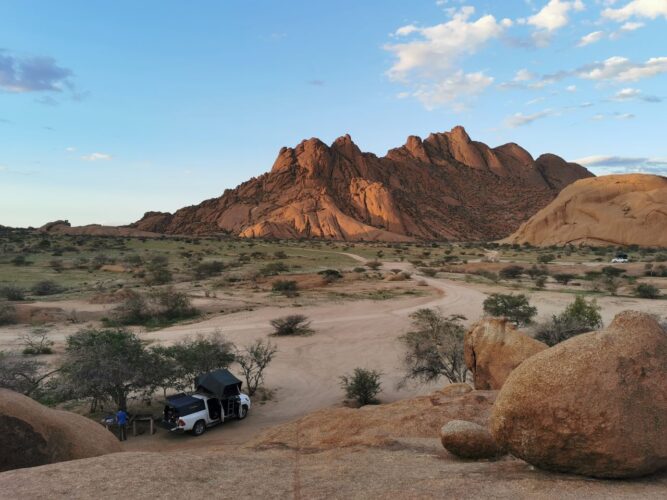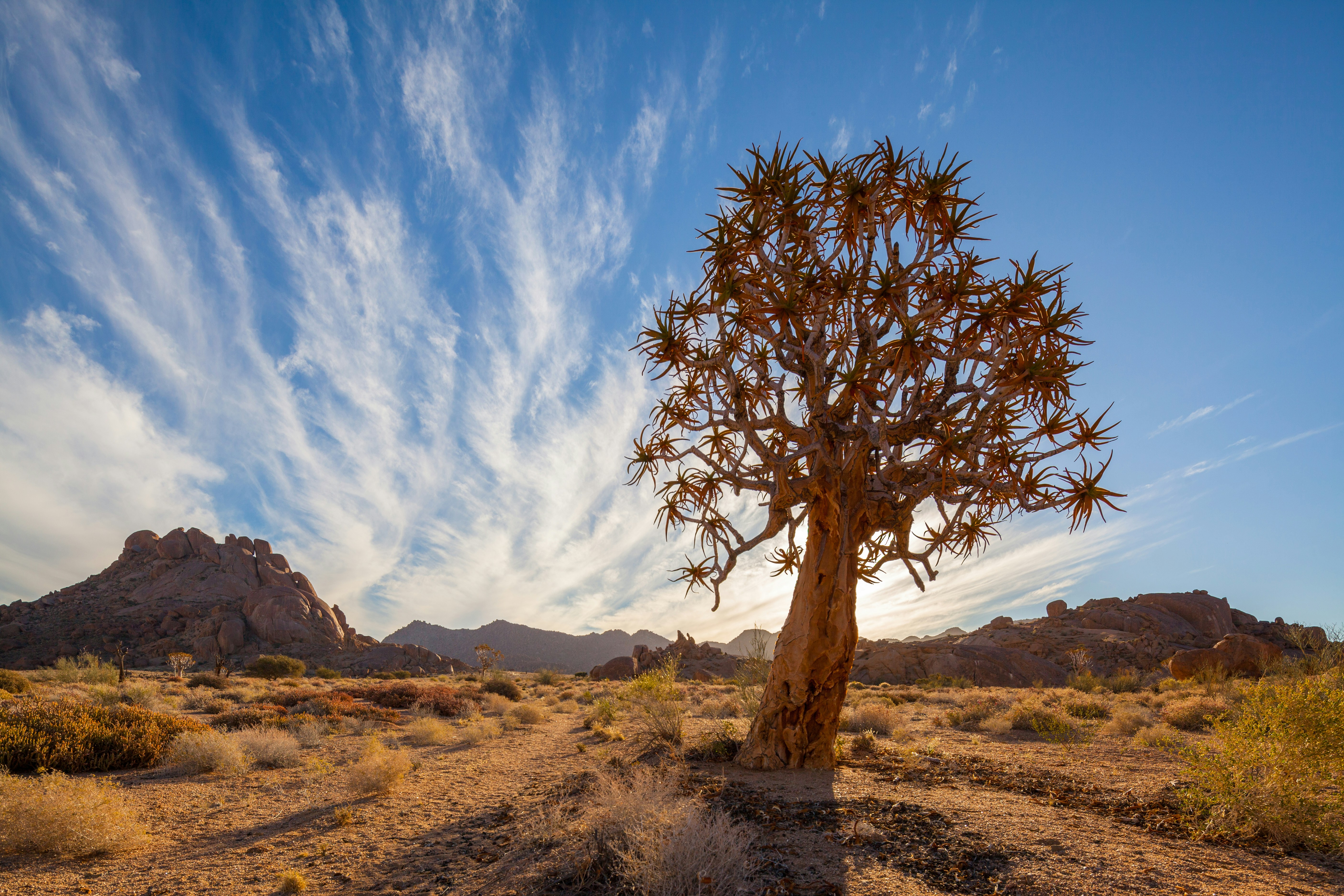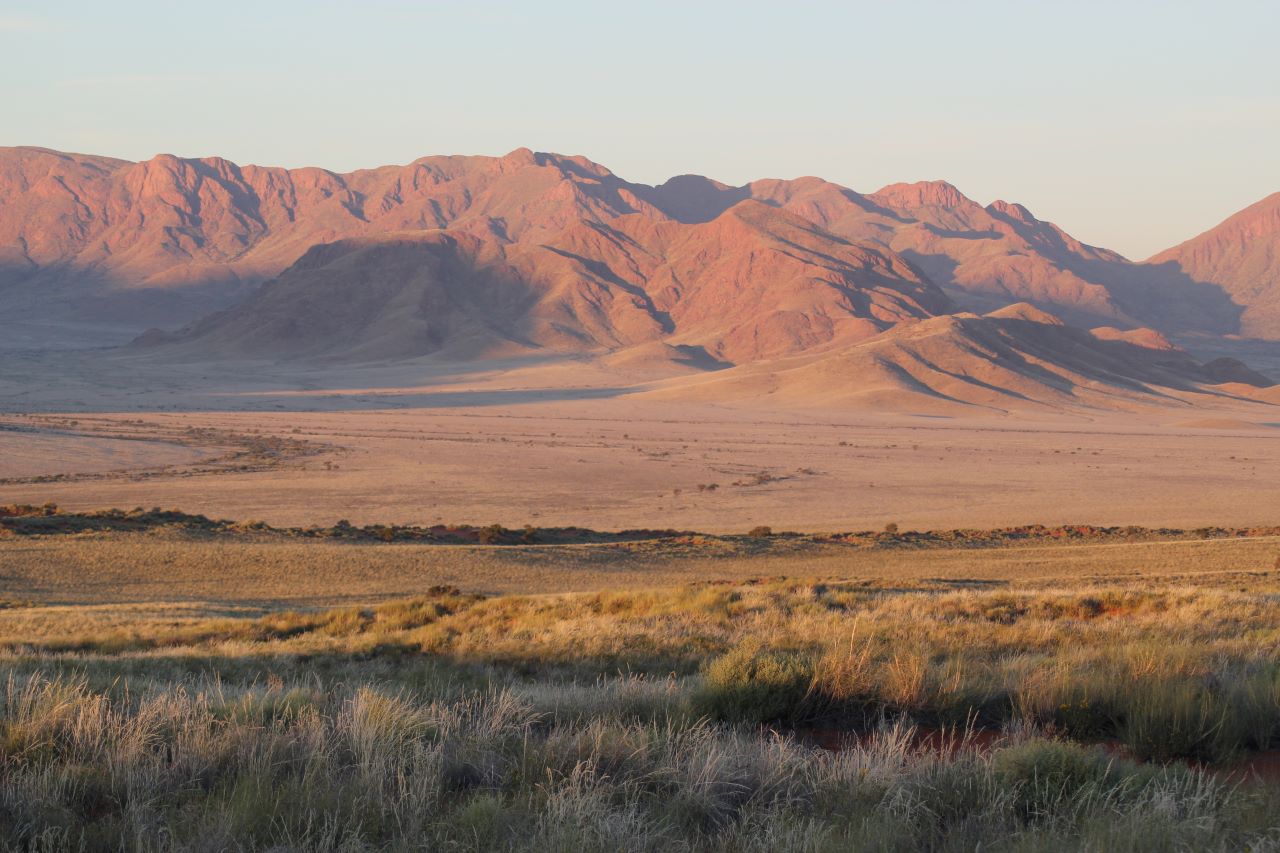Eco-Friendly Safaris Minimize Your Impact in Southern Africa
As the allure of Southern Africa’s majestic landscapes and abundant wildlife draws travellers, it’s essential to embark on your safari adventure with sustainability in mind. From choosing eco-conscious lodges to reducing your carbon footprint, there are many ways to experience this beautiful region while helping preserve its delicate ecosystems.
Let’s explore how you can minimize your environmental impact on Southern African safaris while contributing to conservation efforts and protecting the natural beauty for generations to come.
Choose Eco-Conscious Lodges
One of the best ways to travel sustainably is to stay in lodges that prioritize eco-friendly practices. Many lodges in Southern Africa operate on solar energy, recycle greywater, and reduce their reliance on single-use plastics. By choosing such accommodations, you’re supporting efforts to conserve the environment while enjoying a luxurious stay.
Some eco-conscious lodges to consider include:
Wolwedans Dune Camp, Namibia: Nestled in the Namib Desert, this lodge is committed to sustainable tourism. It uses solar power, natural building materials, and a conservation-first approach.
Chobe Game Lodge, Botswana: The only lodge located inside Chobe National Park, Chobe Game Lodge is fully eco-certified, running on solar power and electric safari vehicles.
Jabulani Lodge, South Africa: Dedicated to wildlife conservation, this lodge is famous for its efforts in rescuing and rehabilitating endangered species. Its eco-conscious practices extend to waste management and water recycling.
By choosing lodges like these, you’re not only lowering your carbon footprint but also contributing directly to local conservation projects.
Support Local Conservation Projects
Southern Africa’s wildlife faces many threats, from habitat loss to poaching. When planning your safari, opt for tours and experiences that actively support local conservation efforts. Many lodges and tour operators donate a portion of their profits to projects that protect endangered species or work closely with local communities to promote sustainable living.

For example, Desert Rhino Camp in Namibia partners with Save the Rhino Trust to protect the critically endangered black rhino, while Phinda Private Game Reserve in South Africa runs conservation experiences where you can actively participate in wildlife research.
By supporting these initiatives, you’re contributing to the preservation of Africa’s iconic wildlife for future generations to enjoy.
Pack Smart and Light
When embarking on a safari, packing with the environment in mind can go a long way in reducing your impact. Start by bringing eco-friendly toiletries like biodegradable soap and shampoo and avoid products with microplastics. Opt for reusable items such as a water bottle, a shopping bag, and travel cutlery to reduce your reliance on single-use plastics.
It’s also essential to pack light. The less weight you carry, the less fuel your transport will require. Airlines and tour operators burn more fuel when carrying heavier loads, so packing wisely can help reduce your overall carbon footprint.
Travel Mindfully
Whether you’re driving yourself through Namibia’s stunning landscapes or joining a guided game drive in Botswana, adopting sustainable travel practices can significantly reduce your impact. If you’re on a self-drive safari, stick to designated roads to avoid disturbing wildlife and fragile habitats. Keep your speeds low to avoid collisions with animals, and remember to leave no trace—pack out what you pack in.
When joining a guided tour, choose operators who emphasize responsible tourism. This ensures that your safari will be conducted with respect for the environment, wildlife, and local communities.

Camping: The Ultimate Eco-Friendly Experience
For those truly committed to minimizing their environmental impact, camping is one of the most eco-friendly ways to experience Southern Africa. Not only does camping immerse you in nature, but it also reduces energy consumption compared to staying in lodges.
Many campsites in Namibia, Botswana, and South Africa operate with minimal infrastructure, ensuring that they blend seamlessly into the natural environment. When camping, be mindful of your waste, use biodegradable products, and stick to established campsites to minimize your impact on the environment.
If you’re opting for a self-drive camping safari, ensure you follow the “leave no trace” principle—leave your campsite as you found it, or better. Respect local wildlife by keeping your distance and never feeding the animals.
Offset Your Carbon Footprint
Travelling by air and driving across long distances inevitably contributes to carbon emissions. However, many companies now offer carbon offset programs that allow you to invest in environmental projects that balance out your emissions. Look for options that support reforestation, renewable energy, or wildlife conservation initiatives in Southern Africa.
By offsetting your carbon footprint, you’re taking another important step toward eco-friendly travel.
Travel Responsibly and Leave Only Footprints Behind
Eco-conscious safaris in Southern Africa are not only possible but can also enrich your experience, allowing you to connect more deeply with the wildlife and landscapes while supporting conservation efforts. Whether you’re staying at an eco-lodge or camping in the wild, you can make choices that ensure future travellers can enjoy these natural wonders. Leave only your footprints behind and make memories that last a lifetime.
Ready to plan your sustainable safari? Check out our recommendations on eco-conscious lodges and experiences that help you travel responsibly.


